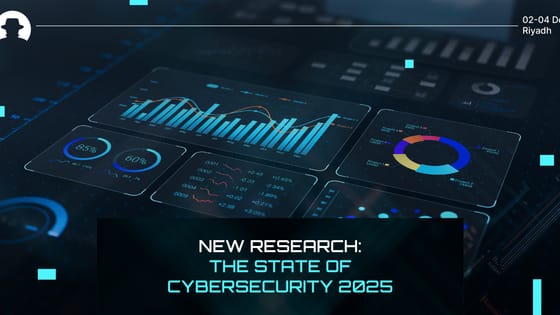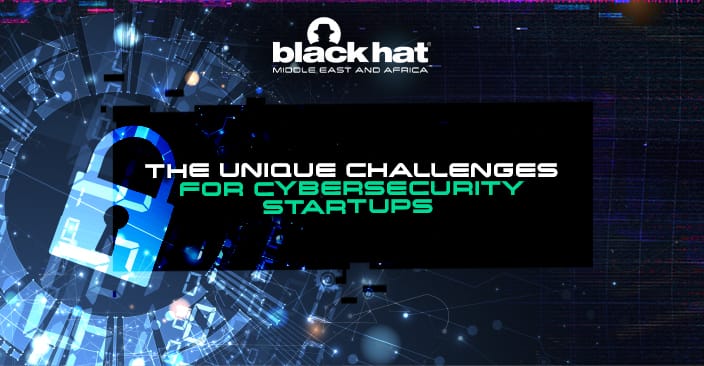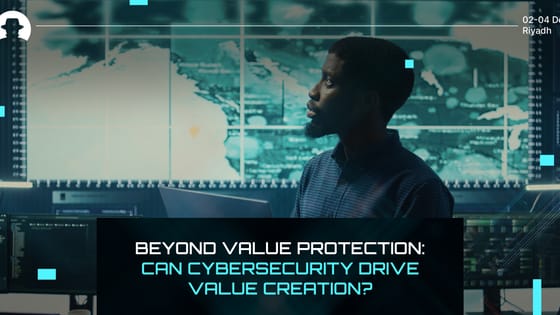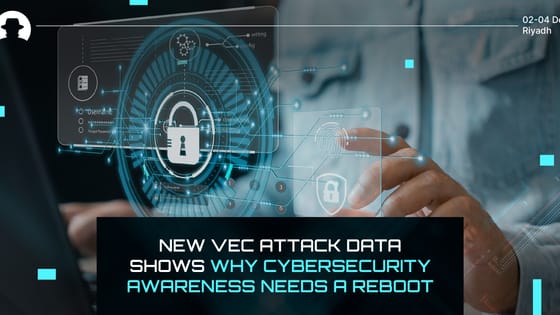
New research: The state of cybersecurity 2025
AI disruption, political threats, shrinking budgets. Wipro’s Cybersecurity Report 2025 reveals the trends shaping security strategy, and how leaders can respond.
Read More
A seasoned growth specialist in connected technologies and cybersecurity, Emre Kulali (Strategic Partnerships at AccuKnox) has a background in physics and mathematics, and a keen focus on business management and development.
He has served as a trusted advisor to several startups, and is well versed in the challenges and opportunities for entrepreneurs in the cybersecurity sector.
We caught up with him to find out what it takes to launch and build a cybersecurity startup – and the top mistakes that startup founders make.
“Throughout my career, I've observed several key characteristics that distinguish successful entrepreneurs. These include unwavering conviction in their vision, boundless energy to drive their ideas forward, and a remarkable adaptability to navigate challenges and pivot when necessary.
“Moreover, effective entrepreneurs possess exceptional storytelling skills, enabling them to articulate and sell their vision compellingly and garner support from stakeholders, investors, customers, etc.
“Deep subject matter expertise, or at least keen knowledge of the space, allows them to identify market needs that are underserved or address unmet customer pain points. And last but not least, team-building is an important skill as well – successful entrepreneurs excel at team building, fostering a collaborative environment where individuals are able to contribute their unique skills and perspectives.”
“Yes, the cybersecurity space presents unique challenges for startups. While there is significant opportunity due to the continuous need for innovative solutions to address emerging threats and needs, the market is highly saturated and competitive. This makes it challenging for startups to differentiate themselves and gain visibility amid the noise.
“Additionally, the rapid pace of change in cybersecurity means that solutions can quickly become outdated, requiring startups to constantly innovate to stay relevant. This creates a high-pressure environment where startups must make a very significant impact and continuously evolve their offerings to remain competitive.”
“I would advise an entrepreneur at the early stage of launching a cybersecurity startup to focus on keeping their team small, costs low, and thoroughly vetting their solution thesis with key design partners.
“It's crucial to validate the product-market fit before scaling up operations. When ready to go-to-market, leveraging digital sales and marketing capabilities, along with offering either an open-source or free self-serve option, can help attract initial users and build traction.
“I believe it's essential for entrepreneurs to prioritise addressing founder, technology, product, and market risks before seeking large-scale investment. One common mistake that many entrepreneurs make is growing their teams and operating costs too quickly, which can lead to premature depletion of resources and runway.”
“I've found that mismanagement of team sizes and costs often emerges as a critical factor contributing to the failure of cybersecurity startups. This challenge is compounded by market saturation, intense competition, and the rapid evolution of the threat landscape, which can render solutions outdated or ineffective.
“And insufficient validation of product-market fit before scaling exacerbates these issues. Successfully navigating these challenges requires a highly capable and adaptable team, capable of addressing these complexities head-on and emerging victorious in the competitive cybersecurity market.”
“My best experience at Black Hat MEA 2023 was undoubtedly the warm hospitality and friendly atmosphere that permeated the event. The congeniality of everyone I interacted with truly stood out to me. Engaging in discussions with potential partners and cybersecurity professionals from the region was both informative and delightful.
“I was pleasantly surprised by the impressive turnout at the event, which highlighted the widespread interest and participation in cybersecurity within the MEA region. Finally, I thoroughly enjoyed the local cuisine, which added to the overall positive experience. I have to say it was a fantastic event that definitely left a lasting impression.”
Thanks to Emre Kulali at AccuKnox. Register now to attend Black Hat MEA 2024.
Join the newsletter to receive the latest updates in your inbox.

AI disruption, political threats, shrinking budgets. Wipro’s Cybersecurity Report 2025 reveals the trends shaping security strategy, and how leaders can respond.
Read More
Cybersecurity doesn’t just protect against risk – it creates value. Discover how strategic, embedded cyber practices drive transformation and business growth.
Read More
New research on vendor email compromise attacks shows that nearly half of employees fall for malicious emails, and 98.5% go unreported.
Read More